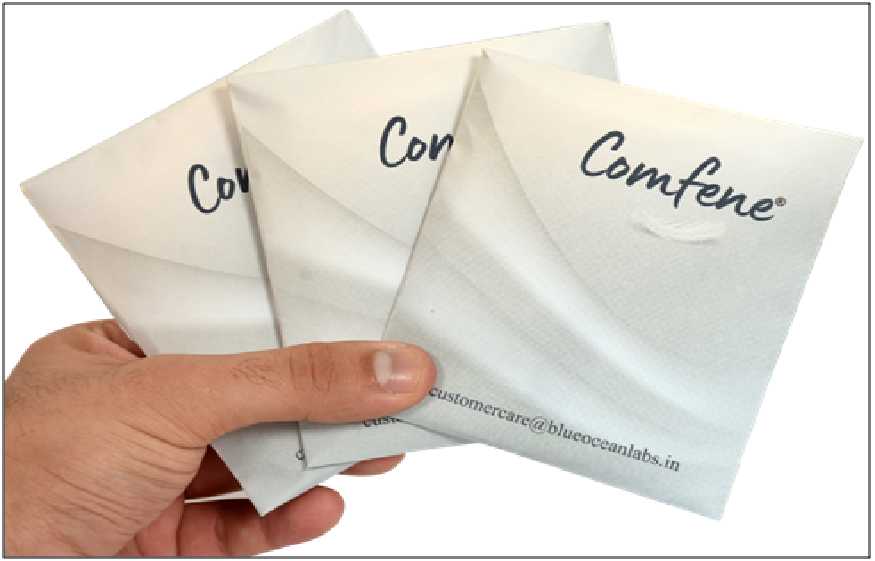
Calcium is an essential nutrient for a child’s growth and development. It supports strong bones, teeth, and overall healthof a child. It is responsible for building strong bones and teeth, supporting muscle function, and aiding in nerve transmission. As kids go through critical growth stages, it’s crucial to ensure they receive adequate amount of calcium. There are several calcium-rich foods that can meet your child’s daily calcium requirements.
Here are the top seven calcium-rich foods that you can incorporate into your child’s food chart.
1. Milk and Dairy Products:
Calcium helps in the formation of strong bones and teeth, also supports muscle function and nerve transmission. Adequate calcium intake is necessary to reduce the risks of bone- related issues later in life.
Milk and dairy products like yogurt and cheese are excellent sources of calcium. Opt for low-fat or skim options to ensure your child gets the necessary calcium without excessive saturated fat intake.
If your child is lactose intolerant or has a dairy allergy, consider fortified soy milk, soy yogurt or other non-dairy alternatives.
2. Leafy Green Vegetables:
Fresh green vegetables such as spinach, okra, beans, kale, broccoli etc. are an excellent source of calcium beyond being rich in vitamins and minerals.
For some kids,green vegetables may not be a favourite. In that case, you can prepare interesting recipes with nutritious greens like smoothies, soups, vegetable patties or wraps. Also, you can finely chop the vegetables to prevent your kid from removing them and ensure they receive the essential nutrients.
3. Cereals:
Breakfast cereals are a good source ofcalcium and can be a part of your child’s food chart. Look for cereals with ragi, bajra, brown rice as they are a rich source of calcium. However, be mindful of added sugars and choose low-sugar options.
You can add milk, yogurt in cereals to enhance the calcium content further or prepare different recipes like healthy bars or cookies with cereals.
4. Tofu:
Tofu, made from soybeans, is an excellent plant-based source of calcium. It is also a good choice for lactose-intolerant childrenand can be added to several dishes.
You can incorporate tofu into stir-fries, salads, or blend it into smoothies for a calcium-packed meal.
5. Nuts and Seeds:
Nuts and seedssuch as almonds, sesame seeds, and chia seeds, basil seeds are not only rich in healthy fats but also provide a good amount of calcium. Almonds, in particular, are also fantastic snack option for kids.
Sprinkle sesame seeds on salads or use them to make homemade energy bars. Chia seeds, basil seeds can be added to smoothies, yogurt, or can be simply added to drinking water.
6. Eggs:
Eggs are an excellent source of calcium and protein for children. Additionally, eggs provide essential nutrients like vitamin D, which aids calcium absorption.
Include eggs in your child’s diet by preparing scrambled eggs, omelettes, or boiled eggs. You can also use eggs in baking for added nutrition.
7. Beans and Legumes:
Beans and legumessuch as chickpeas, lentils, and black beans, are not only high in protein and fibre but also contain a decent amount of calcium.
Incorporate these nutrient powerhouses into soups, stews, or make bean-based dips and spreads. You can make hummusfrom chickpeas, which is a delicious and calcium-rich snack. Pair it with bread, vegetable sticks or whole-grain crackersto make it more filling and nutritious.
Conclusion:
Meeting daily calcium requirements is easy with a balanced diet that includes calcium-rich foods for kids. Dairy products like milk, yogurt, and cheese, along with leafy greens, fortified plant-based milk, tofu, and nuts, offer abundant calcium sources. By incorporating these foods into meals and snacks, you can ensure your child gets the necessary calcium for strong bones, teeth, and overall growth.
Remember to offer a variety of foods to meet their overall nutritional needs and consult a healthcare professional for personalized dietary recommendations.



